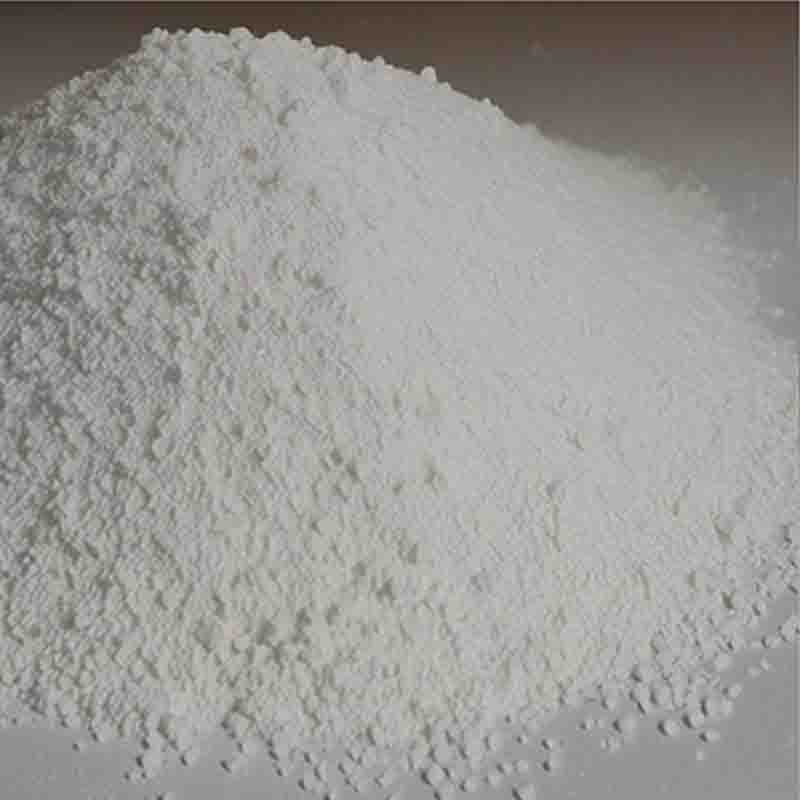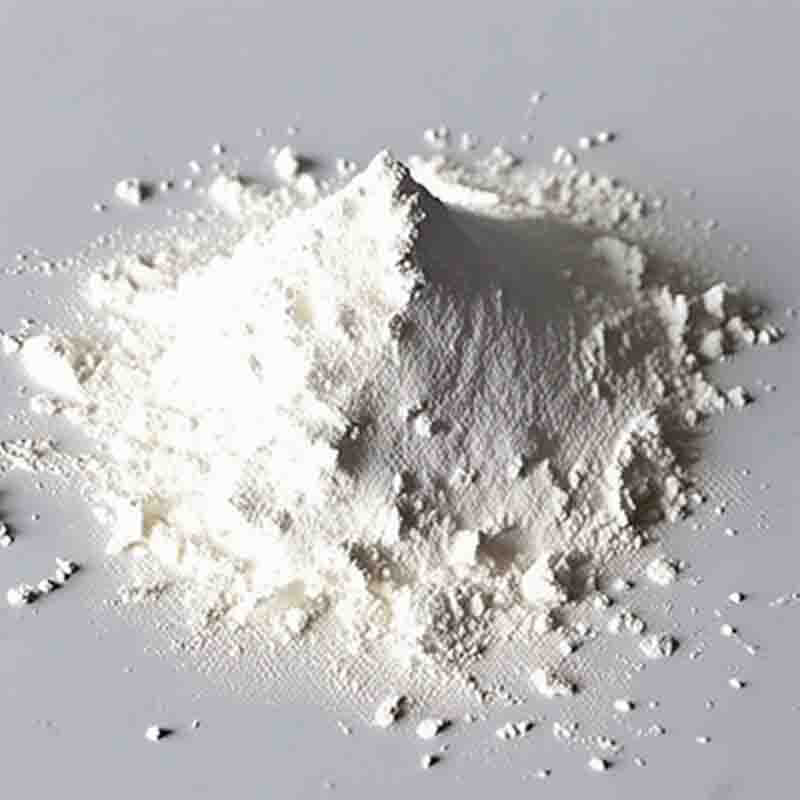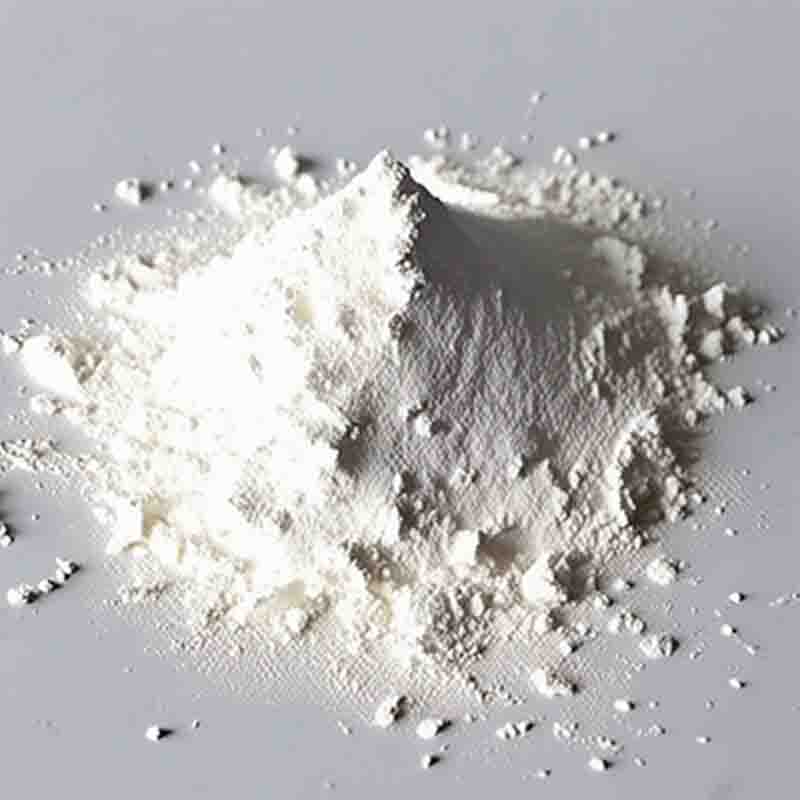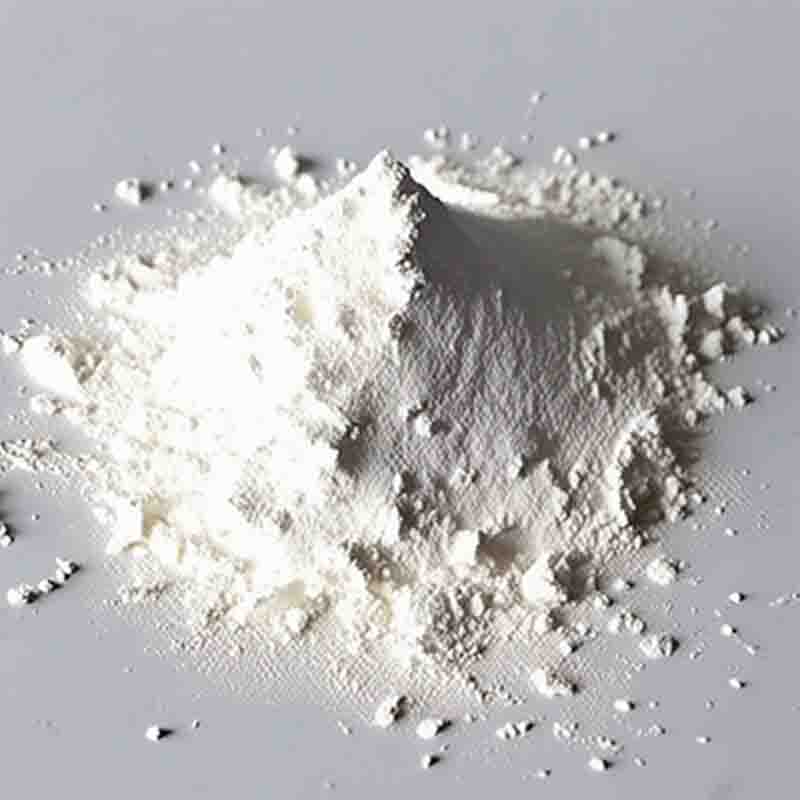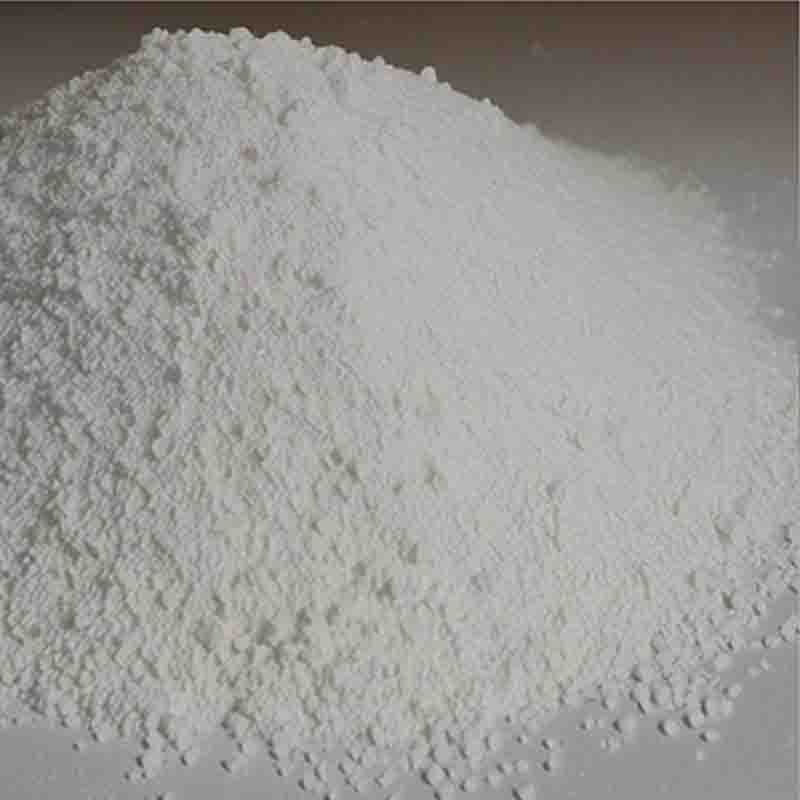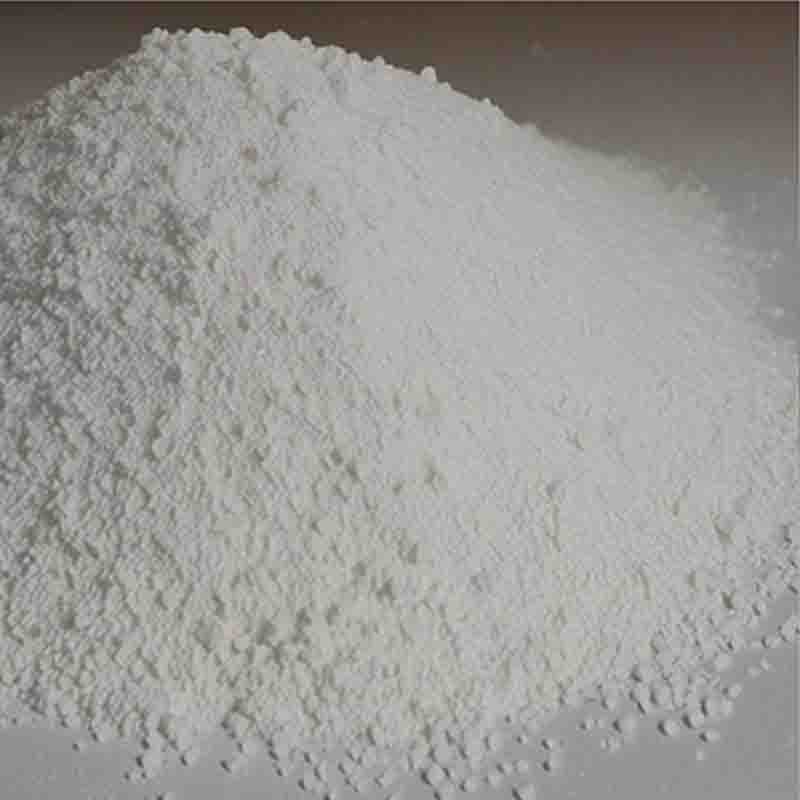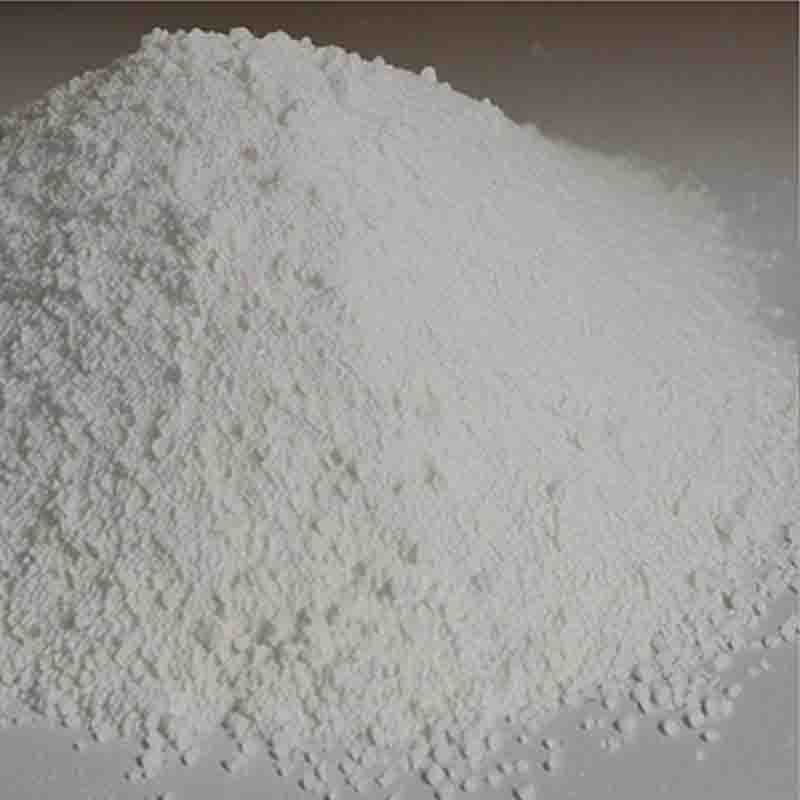2-aminothiophene-3-carbonitrile CAS:4651-82-5
| Catalog Number | XD95908 |
| Product Name | 2-aminothiophene-3-carbonitrile |
| CAS | 4651-82-5 |
| Molecular Formula | C5H4N2S |
| Molecular Weight | 124.16 |
| Storage Details | Ambient |
Product Specification
| Appearance | White powder |
| Assay | 99% min |
2-Aminothiophene-3-carbonitrile is a chemical compound with the molecular formula C5H4N2S. In this 300-word essay, we will discuss the known effects and uses of 2-Aminothiophene-3-carbonitrile.One of the primary applications of 2-Aminothiophene-3-carbonitrile is in the field of medicinal chemistry. Researchers have found that this compound exhibits various biological activities, making it a potential candidate for pharmaceutical use. Studies have shown that 2-Aminothiophene-3-carbonitrile possesses antitumor properties, meaning it may have the ability to inhibit the growth and proliferation of cancer cells. This makes it an interesting compound for the development of anticancer drugs. Further investigations are needed to determine the mechanism of action and optimize its efficacy.Additionally, 2-Aminothiophene-3-carbonitrile has been studied for its antimicrobial activity. Preliminary research has demonstrated its ability to inhibit the growth of certain bacteria and fungi. This suggests its potential use as an antimicrobial agent for the development of new antibiotics or antifungal drugs. However, more research is necessary to evaluate its spectrum of activity against various pathogens and to assess its efficacy against drug-resistant strains.Moreover, 2-Aminothiophene-3-carbonitrile has also been investigated for its antioxidant properties. Oxidative stress, caused by an imbalance between the production of harmful reactive oxygen species and the body's antioxidant defenses, plays a significant role in the development of various diseases, including cardiovascular disorders, neurodegenerative conditions, and cancer. The ability of 2-Aminothiophene-3-carbonitrile to act as an antioxidant suggests its potential as a therapeutic agent for combating oxidative stress-related diseases.It is important to note that although 2-Aminothiophene-3-carbonitrile shows promising biological activities, further studies are necessary to fully understand its mechanisms of action, assess its toxicological profile, and optimize its pharmacokinetic properties. Rigorous testing and clinical trials are required to establish its safety and efficacy as a potential therapeutic agent.In conclusion, 2-Aminothiophene-3-carbonitrile exhibits antitumor, antimicrobial, and antioxidant properties, making it an intriguing compound for pharmaceutical applications. Its potential as an anticancer, antimicrobial, or antioxidative agent highlights its possible use in various therapeutic areas. However, further research and clinical trials are needed to fully explore its potential, optimize its effectiveness, and ensure its safety for human use.


